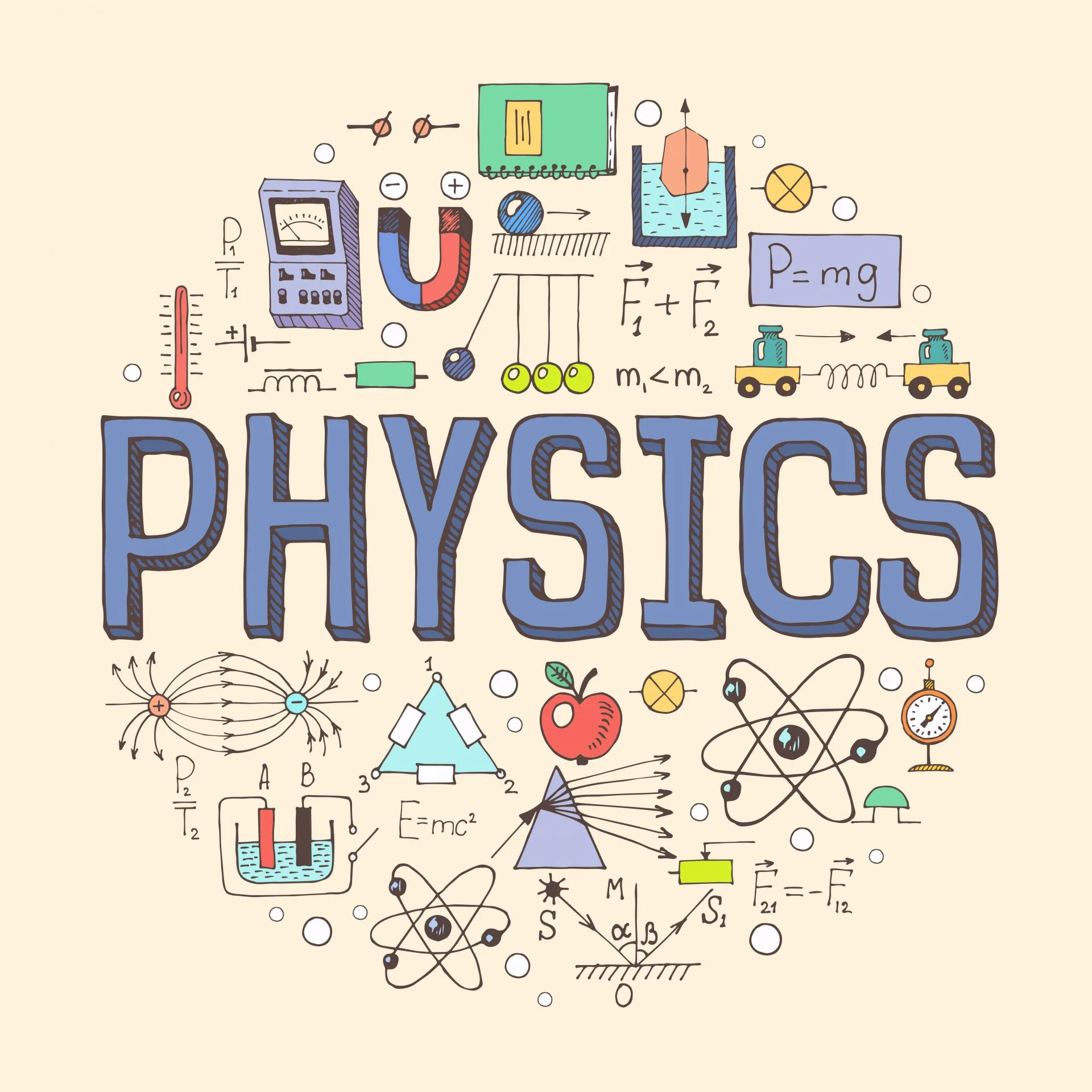![]()
🎓 GCSE Physics Revision Checklist: Are You Ready? 🎓
Preparing for GCSE Physics? 🔬
Exam season is fast approaching, and if you’re studying for your GCSE Physics, it’s time to gear up! This guide will help students, parents, tutors, and teachers ensure you’re well-prepared for the big day. Let’s dive into our comprehensive revision checklist!
🚀 Boost Your Physics Knowledge 🚀
Understanding the fundamentals is crucial. Revise key concepts such as mechanics, electricity, and waves. Use a variety of resources, including textbooks, online videos, and practice questions to reinforce your learning.
💻 Master Online Tutoring 💻
Online tutoring platforms like Tutor GP offer personalised learning experiences, making it easier to focus on areas you find challenging. Connect with experienced tutors and ask for help when necessary. Remember, it’s not about getting it perfect the first time—it’s about learning and improving!
📝 Practice, Practice, Practice 📝
Practice makes perfect! Regularly complete past papers and practice questions to build confidence and familiarise yourself with the exam format. Analyse your mistakes and learn from them.
📚 Organise Your Study Space 📚
A clutter-free, well-lit, and quiet study space can significantly improve focus and productivity. Ensure you have all the necessary resources within reach before diving into your study sessions.
🤝 Seek Support 🤝
Don’t hesitate to ask for help when needed. Reach out to teachers, tutors, or parents for guidance. Remember, asking questions shows a proactive approach towards learning and academic success.
💡 Stay Motivated 💡
Staying motivated can be challenging, but it’s essential. Break your revision into manageable chunks, reward yourself for achievements, and remember the long-term benefits of your hard work.
FAQs ❓
1. What’s the best way to revise for GCSE Physics?
A: A combination of effective study strategies, such as active recall, spaced repetition, and interleaving, can help reinforce learning and improve understanding.
2. How can I stay motivated during revision?
A: Setting achievable goals, breaking tasks into smaller chunks, and rewarding yourself for accomplishments can help maintain motivation.
3. Should I focus on weaker or stronger subjects first?
A: It’s essential to devote time to all subjects, but focusing on weaker areas first can help bridge gaps in your understanding.
4. How many hours should I study each day for GCSE Physics?
A: The amount of time varies for everyone, but aim for consistent, quality study sessions rather than long, exhausting ones.
5. Is online tutoring effective for GCSE Physics?
A: Online tutoring can be highly effective, providing personalised learning experiences and flexible scheduling. Connect with experienced tutors to maximise your learning potential.




